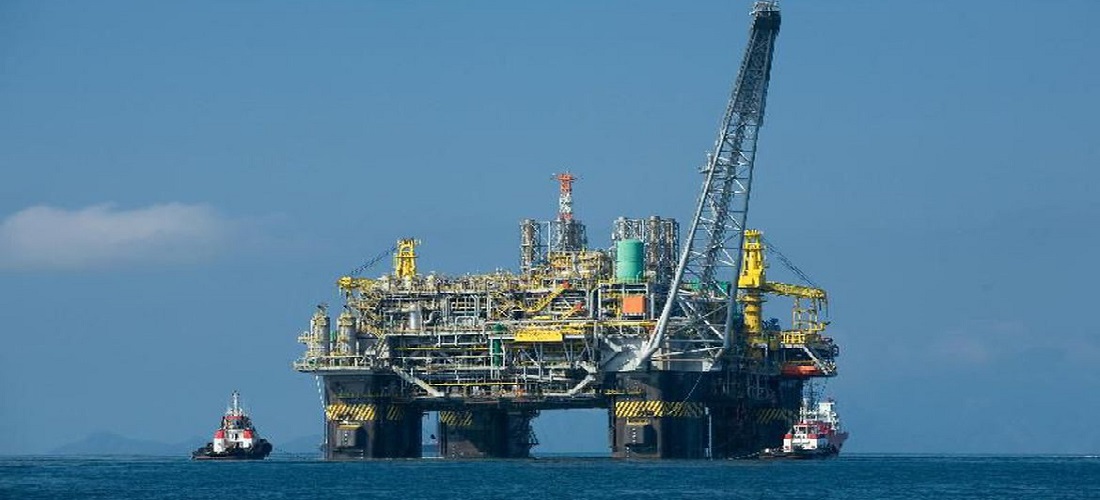
Regional distributors leave the market, inaugurating a new concentration of brands among fuel imports
May, 20, 2022 Posted by Gabriel MalheirosWeek 202220
Amid price surges caused by the international oil crisis, the Brazilian fuel distribution market has been forced to reorganize itself, opening space for a new concentration of branded gas stations, a process accelerated by the difficulty of regional distributors in importing supplies.
These local companies, which supplied the so-called “white flagged” service station networks, stopped importing gasoline and diesel oil at the beginning of the year because of the price gap compared to the international market mandated by Petrobras. Such a measure strengthened Vibra, Raízen (Shell), and Ipirange networks, which expanded their imports of the products no longer produced by Petrobras.
The segment serves 45% of the existing gas stations in Brazil and has been responsible for up to 40% of imports. However, these companies stopped buying when Petrobras stopped correcting prices due to increases in oil prices in 2021. Thus, the market became more favorable for the three major brands and their operations.
In the first quarter, imports of oil derivatives grew by 20.13%, reaching 6.7 billion cubic meters by Petrobras, Vibra, Raízen, and Ipiranga without any operation by the companies associated with Abicom, which represents regional distributors.
According to the National Petroleum Agency (ANP), the trio’s market share reached 69.81% in diesel sales and 62.13% in gasoline sales. Petrobras imported 30.19% of diesel and 37.87% of gasoline.
Consequently, the current market dynamic began favoring the re-concentration of gas stations in the hands of large companies in the fuel field. These stations had been served by dozens of small networks and supplied by regional distributors until recently.
Without being able to buy from them, gas stations now have to either directly buy Petrobras’ domestic production or buy from its imports.
Conversely, the situation helped giants in this industry expand their market share and the number of branded stations.
At least until March, the three companies managed to mitigate the losses caused by the price gap by expanding their presence in the market, taking advantage of the lower profit margins faced by white-flagged gas stations.
According to Sérgio Araújo, the president of the Brazilian Fuel Importers Association (Abicom), as long as the current international oil price situation persists, the market in Brazil will have no option but to keep allowing the re-concentration of businesses.
Nowadays, there are nearly 43 thousand gas stations in Brazil, and BR owns 18% of them; Ipiranga owns 14%, and Raízen has 12%. Another 44% are white-flagged stations, while 12% belong to small state networks.
According to Abicom, the import parity price (PPI) calculated using gasoline and diesel oil exchange rates point to an average price gap of 3% for diesel oil and -6% for gasoline.
In the case of gasoline, the 69th day of the average linear increase of 18.8% in domestic prices, counting from March 11 onwards, had a price gap of R$0.24 per liter. As for diesel oil, the average gap is R$0.13 per liter, ranging from R$0.01 to R$0.58, depending on the operation port.
According to Sérgio Araújo, this scenario is a drawback in terms of offering other options to consumers, which had been a success in recent years.
In actuality, the fuel distribution market re-concentration tendency stems from the International Price Parity (IPP) model adopted by Petrobras, which worked well while the prices of oil barrels were stable. However, it became a problem after prices shot up with the covid-19 pandemic.
Finally, Russia’s war with Ukraine added new pressure on dollar prices.
The question in the sector is now: “For how long will the three companies be able to provide imports as a result of Petrobras’ not fully meeting the market’s needs?”
Source: Jornal do Comércio
To read the full original article, please go to:
-
Ports and Terminals
Jun, 22, 2023
0
City officials to ask federal government for longer leasing period at Itajaí Port
-
Meat
Dec, 17, 2019
0
China will sell 40,000 tons of frozen pork from state reserves on 12/19
-
OTI Rankings
Dec, 28, 2023
0
OTI Ranking | DataLiner | Jan-Oct 2023 vs Jan-Oct 20022
-
Ports and Terminals
Feb, 21, 2025
0
Brazil’s Lula Attends Signing of ITG02 Terminal Concession Contract in Itaguaí



